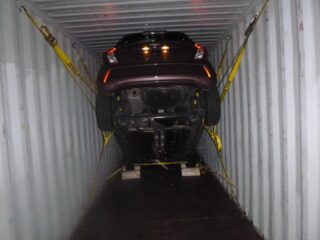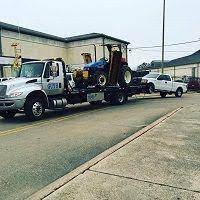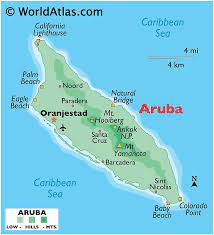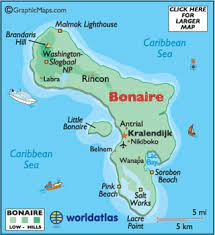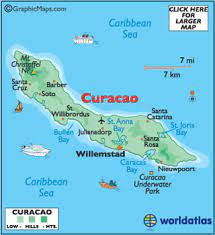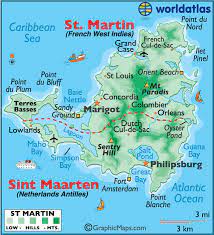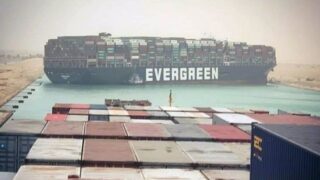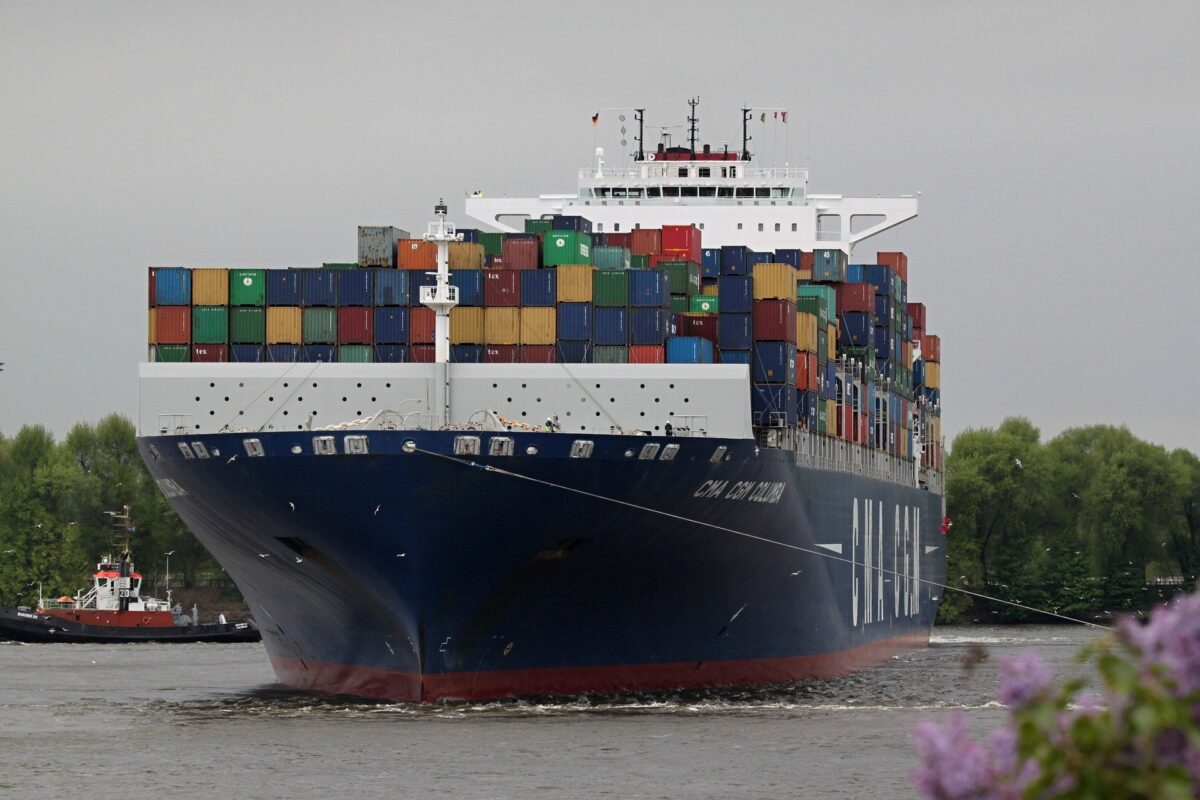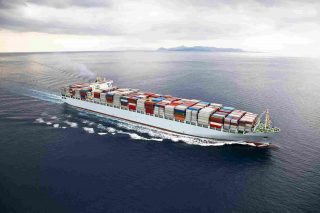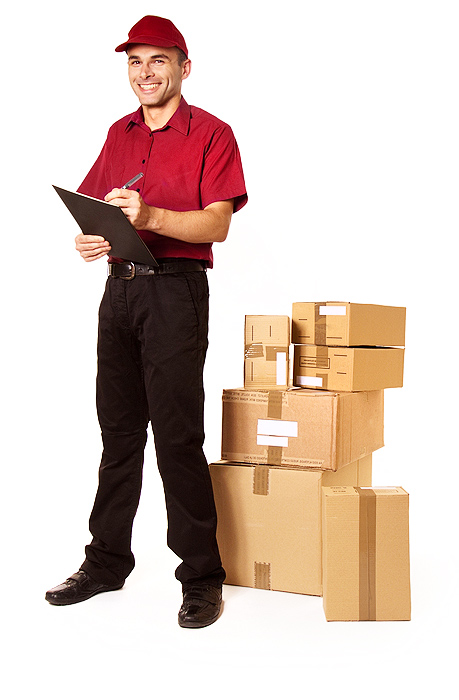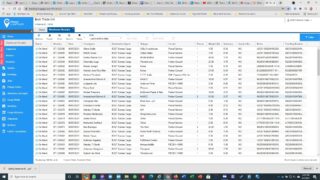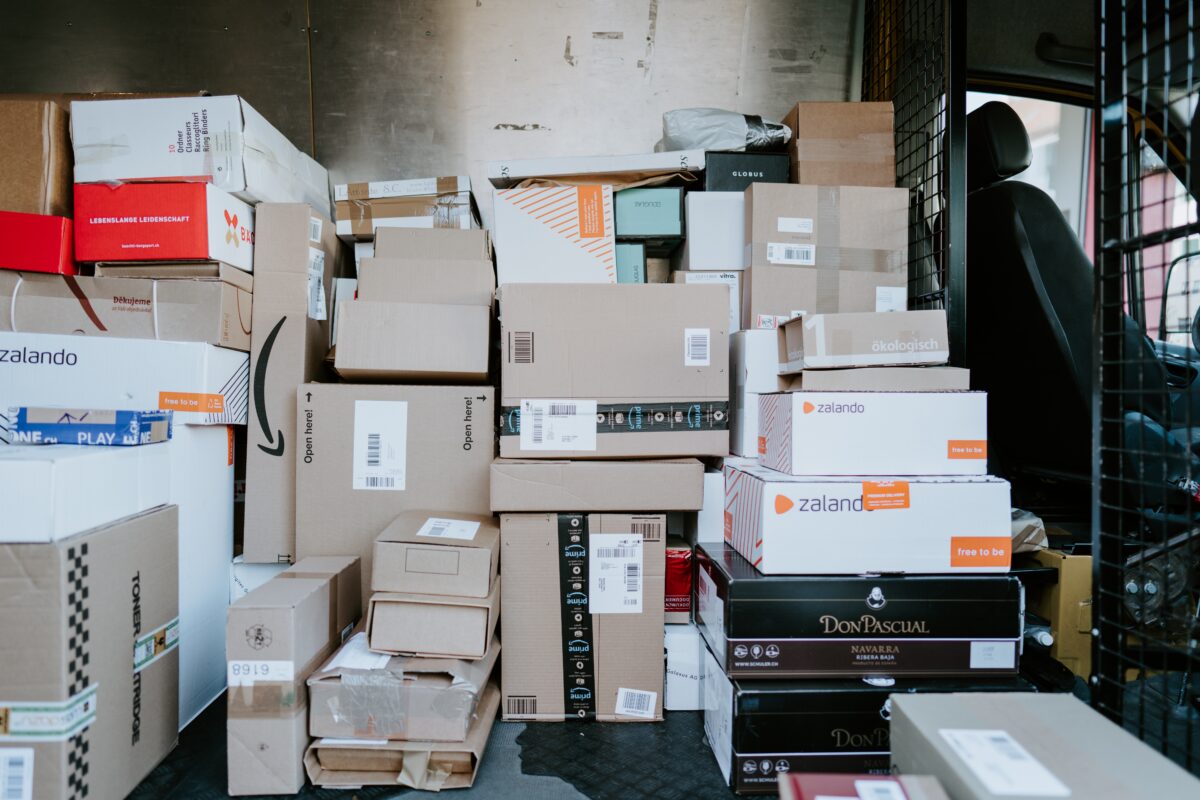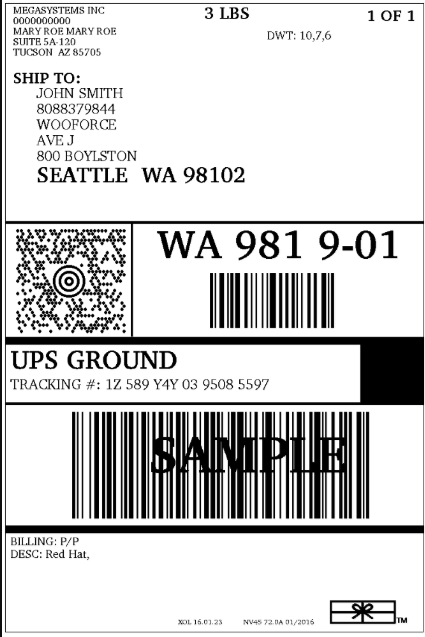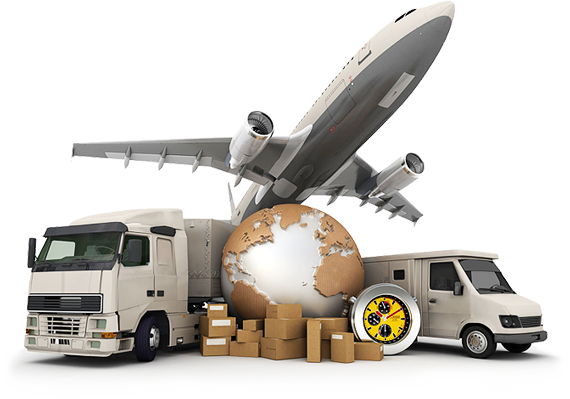September 28, 2024 Ocean Cargo
Why does the maritime shipping industry need to reduce emissions?
In 2021, about 90% of global trade goods were transported by sea, according to the International Maritime Organization (IMO). It translates to around 11 billion tons of freight. That is an impressive amount of cargo. However, the environmental consequences are that the shipping industry accounts for almost 3% of CO2 emissions worldwide. It also produces other pollutants like sulfur oxides, nitrogen oxides and volatile compounds which cause environmental damage. Without intervention, these emissions could increase by as much as 50% by the year 2050.
.
In response to the need to reduce these numbers, Industry leaders are exploring alternative methods to power vessels. These range from adopting cleaner technologies to optimizing operations and aligning with international regulations aimed at creating a greener future.
With global warming being such as critical issue, Bon Trade is pleased to see the maritime industry’s progress in reducing emissions through innovative technologies.
Adoption of Alternative Fuels
The good news is that shipping companies are now exploring ways to replace aging fleets. They are shifting away from traditional fossil fuels by introducing alternatives such as liquefied natural gas (LNG), biofuels, and hydrogen, while integrating wind power.
One of the most promising developments is the use of ammonia (NH3), as a fuel of the future. It produces no carbon emissions. However, it’s scalability and infrastructure costs need to be addressed.
need to be addressed.
Electrification and Renewable Energy
Electric ships are on the horizon, particularly for short-distance routes. These battery-powered vessels can reduce CO2 emissions significantly and use renewable energy sources like wind and solar power to recharge the batteries.

It is good to see that Drift Energy, a UK-based startup company, is developing a fleet of sailing ships that will produce green hydrogen through renewable energy. The ships will harness wind energy using underwater turbines to power onboard electrolyzers, generating and storing hydrogen. Construction of the first vessel is expected to begin in 2025.
Efficiency in Ship Design and operation
Improving the energy efficiency of ships is a key focus for reducing carbon emissions. The IMO’s Energy Efficiency Design Index (EEDI) sets standards for new ships to be built with energy-saving technologies.
One example of a forward-thinking company is Höegh, which is aiming to cut carbon emissions, per vehicle, by up to 58% as part of its 2040 net-zero goal. Their latest vessel design, the Hoegh Aurora, is the largest car carrier. It has innovative features designed for sustainability and a capacity of 9100 units. This vessel is equipped with LNG, biofuel, and lower-sulfur oil engines, and ready to transition to ammonia by 2027.

The push to decarbonize is heavily influenced by international regulations. The IMO has set a goal to reduce greenhouse gas emissions by at least 50% by 2050 compared to 2008 levels. Standards like the Energy Efficiency Design Index (EEDI) and Ship Energy Efficiency Management Plan (SEEMP) are helping drive change.
Regulatory Push for Change
The European Union is also playing a role with its upcoming Emissions Trading System from 2024 that includes shipping.
Operational efficiency is equally important. By optimizing routes, reducing speed, and utilizing digital tools like predictive analytics and artificial intelligence, shipping companies can significantly reduce fuel consumption.
Conclusion
Bon Trade Intl. Corp. is excited that the maritime industry is making significant strides in reducing carbon emissions through innovation, cleaner fuels, efficiency measures, and regulatory compliance.
Continued collaboration between industry stakeholders, governments, and technology developers will be key to achieving emission reduction goals and supporting greener logistics in the future, and Bon Trade will be supporting them all the way.







 What vehicle are you shipping?
What vehicle are you shipping?
